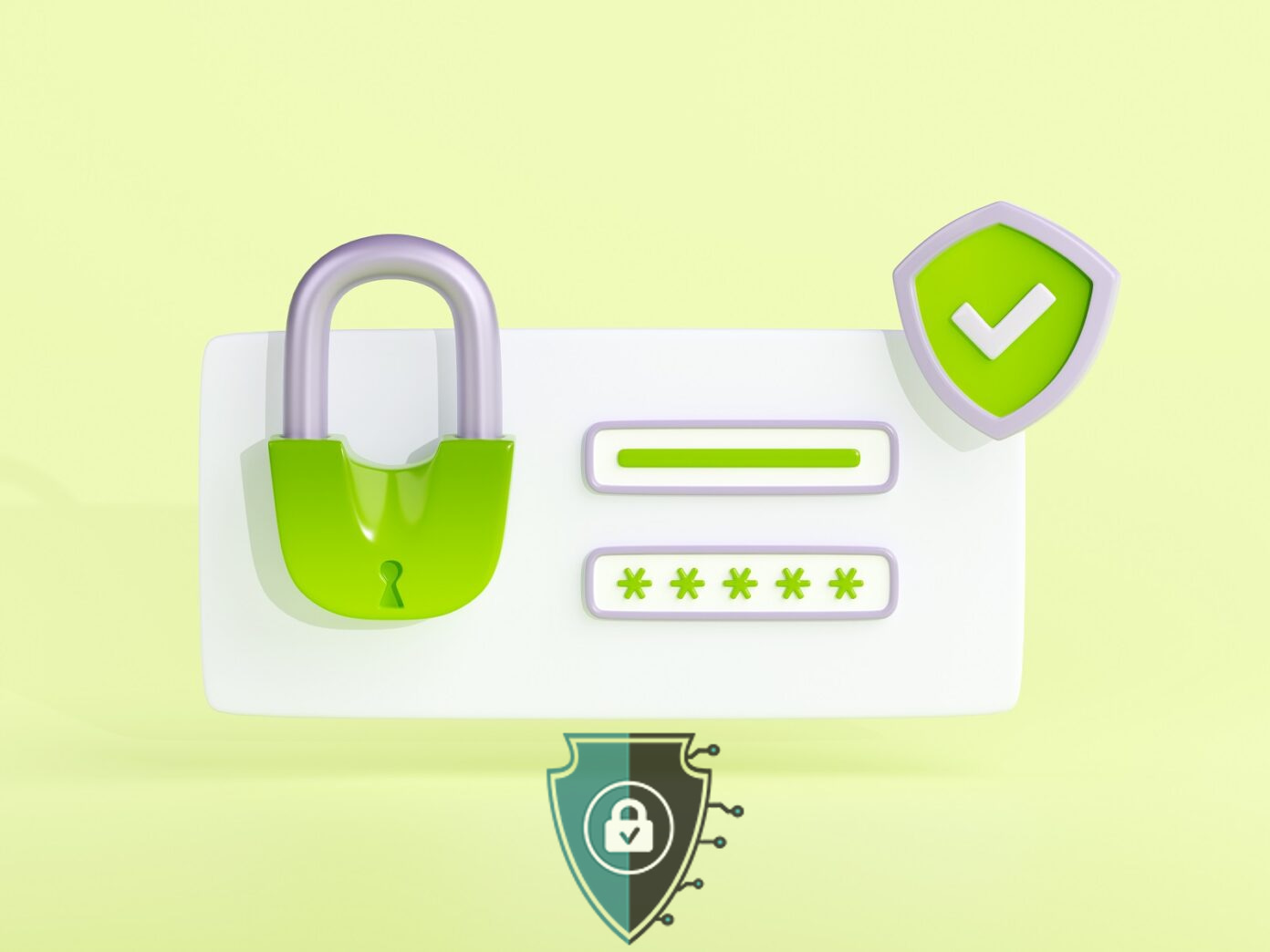Your cart is currently empty!
Tag: encryption

SSL Made Simple: A Beginner’s Guide to Protecting Your Website
If you’re new to website security, you may have heard the term SSL thrown around. SSL stands for Secure Sockets Layer, and it’s a security protocol that encrypts the data that’s transmitted between a website and its users. This encryption helps protect your website from hacking attempts and other malicious activities.
Here’s a beginner’s guide to SSL and why it makes your website more secure:
What is SSL?
SSL is a protocol that establishes an encrypted connection between a web server and a browser. When a user visits a website with SSL enabled, their browser and the web server exchange information to establish a secure connection. This secure connection is represented by the padlock icon that appears in the browser’s address bar.
Why is SSL important?
SSL is important because it helps protect your website and your users’ data from unauthorized access. Without SSL, anyone with the technical know-how can intercept the data that’s transmitted between your website and your users. This can include sensitive information like passwords, credit card numbers, and other personal details.
When you use SSL, your website’s data is encrypted, making it nearly impossible for hackers to intercept and steal. This encryption also ensures that the data that’s transmitted between your website and your users remains private and secure.
How does SSL work?
SSL works by using a public key and a private key to encrypt the data that’s transmitted between the web server and the browser. The public key is shared with the browser, while the private key is kept secret by the web server.
When a user visits a website with SSL enabled, their browser requests the web server’s public key. The web server then sends the public key to the browser, which uses it to encrypt the data that’s transmitted to the web server.
The web server then uses its private key to decrypt the data that’s been encrypted by the browser. This process ensures that only the web server can read the data that’s been transmitted.
How can you get SSL for your website?
Getting SSL for your website is easy. You can purchase an SSL certificate from a trusted certificate authority, such as Let’s Encrypt, Comodo, or DigiCert. Once you’ve purchased your SSL certificate, you’ll need to install it on your web server.
Many web hosts such as Hostname.space, icloudjunction.in offer SSL certificates as part of their hosting packages. You are also able to get SSL for your website through GoeSecure.in. Goesecure offer wide range of SSL certificates along with other security services such as backup or anti-malware services.